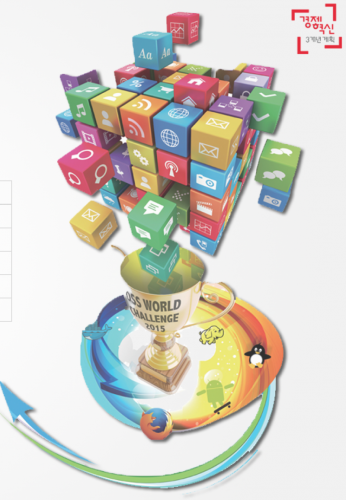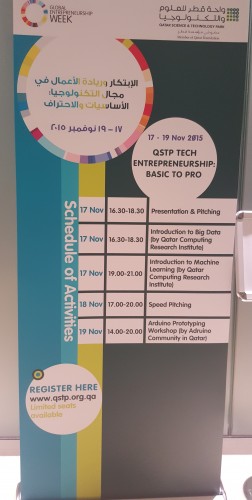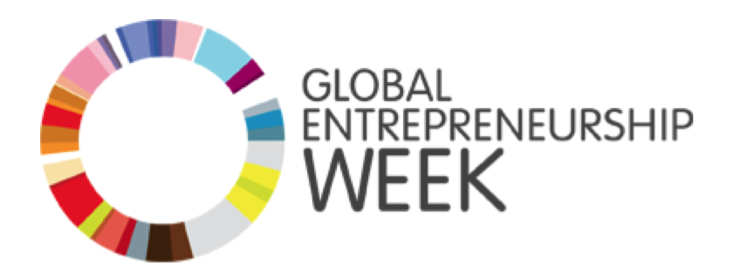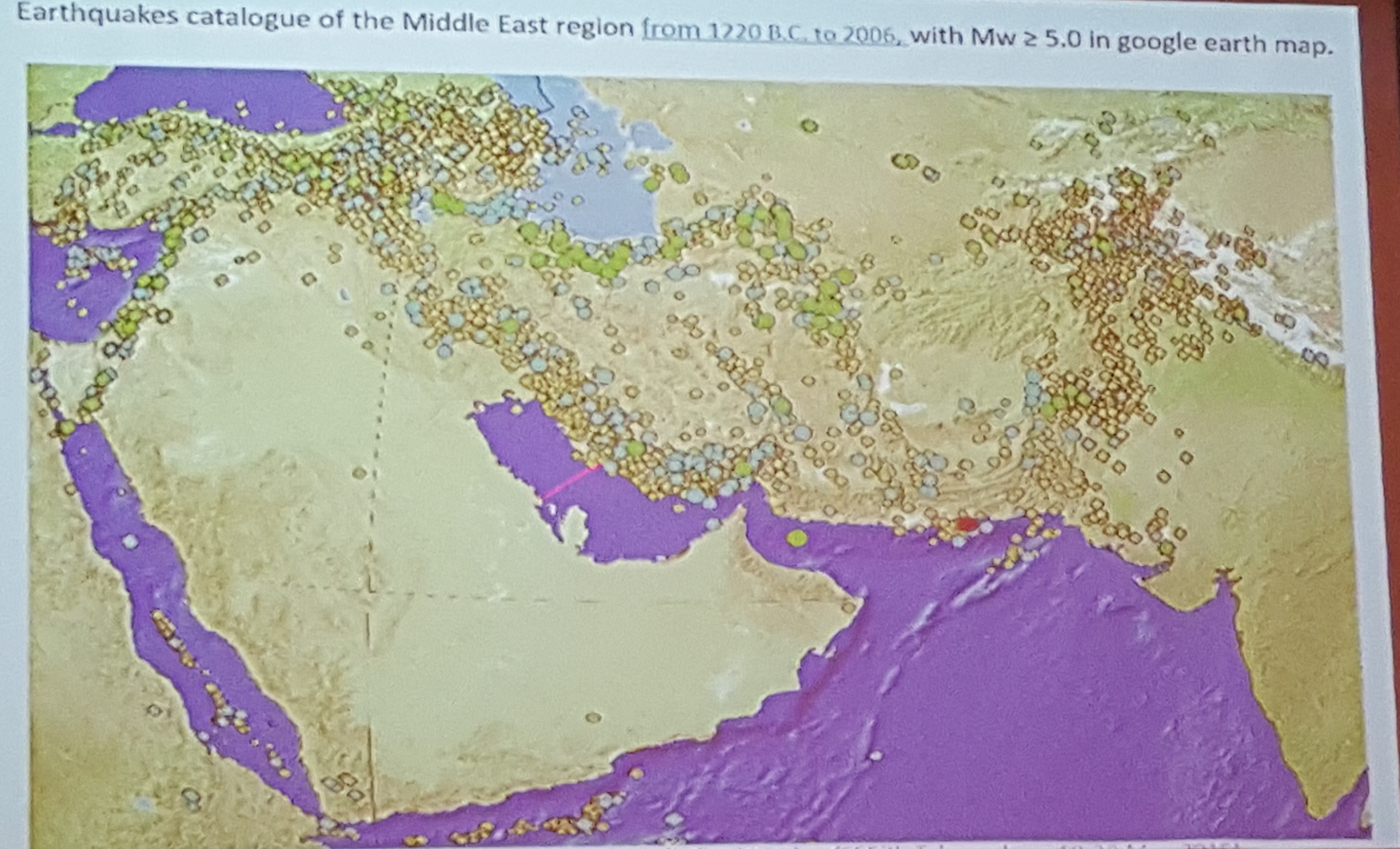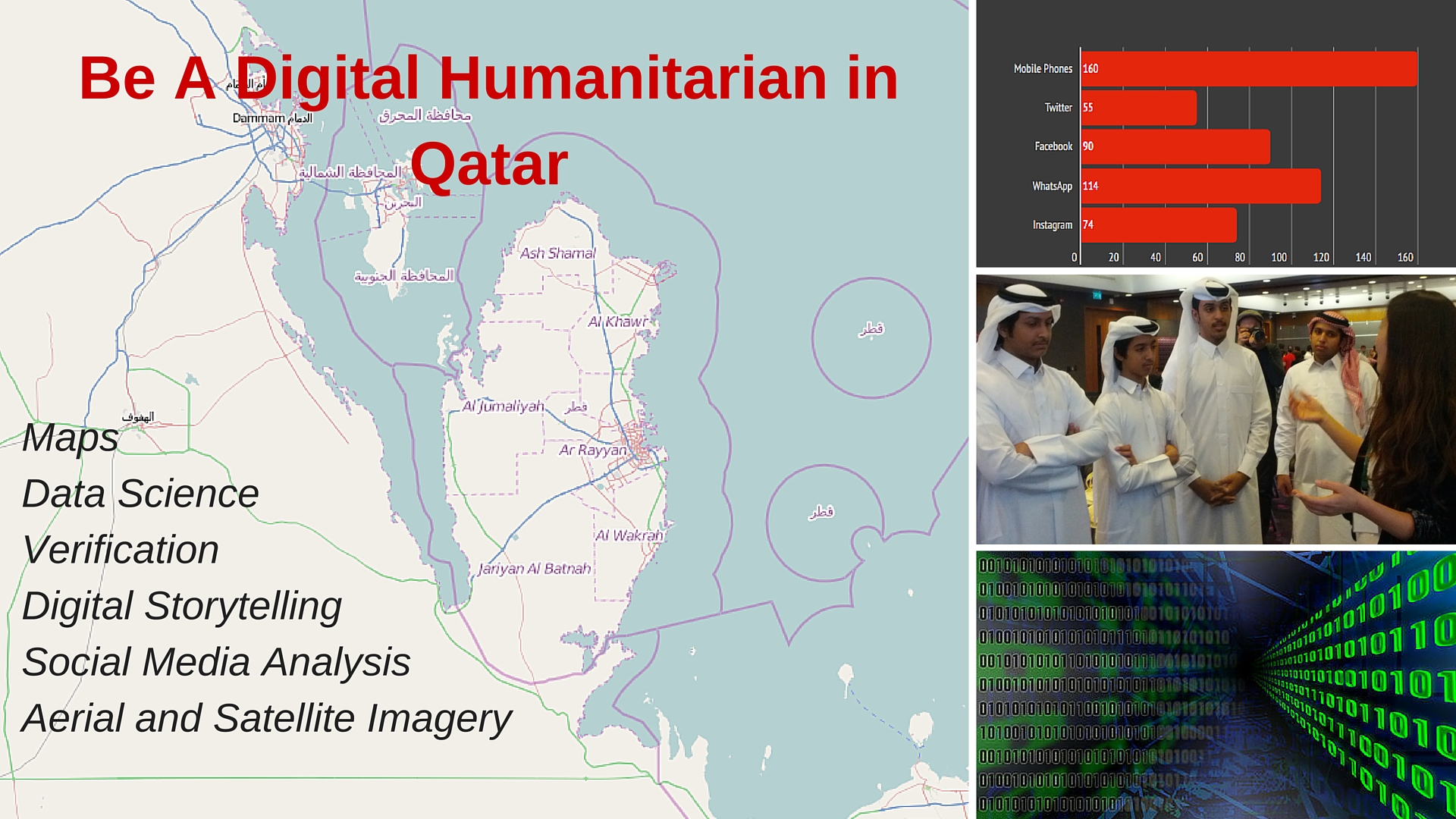Dear Digital Humanitarian allies, the United Nations Children and Youth Major Group have big ideas. Let’s help them make these happen. They embedded the need for digital skills into the Doha Declaration which then informed the World Humanitarian Summit Synthesis Report. Over the past months, I have closely followed and met these amazing leaders. Their sessions in Doha for the World Humanitarian Youth Summit followed by their participation in the World Humanitarian Global Consultation in Geneva, has shown the true power of youth. And, frankly, they have written Digital Humanitarian strategic plan that we should help them implement. Roll up your sleeves, while the talking continues leading up to the Summit, there is no need for any of us to wait.
Read the whole Doha Declaration report.
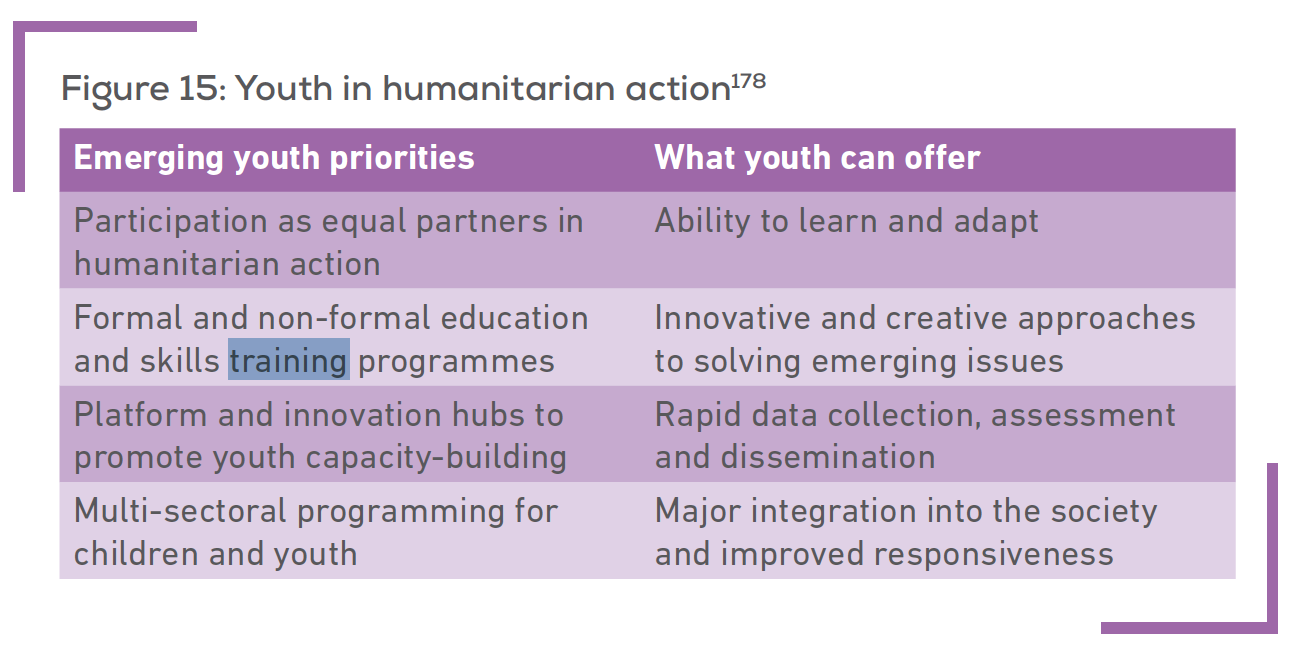
*****
These are just some examples of statements. I find the whole report really inspiring. While many of the topics discussed, here are some key statements that resonated with me:
2.1
“Develop specific data collection tools and train young volunteers in affected communities to collect, monitor, and report data that will inform country-‐level preparedness and response standards. Disaggregate data in conflict or
crisis stricken areas by sex, age, and socio-‐economic, as well as other status so that the situations of youth can be
assessed.”
4.1
“Innovative Tools for Local Capacity and Participation Foster communication via robust and portable technologies at the local level to facilitate collaboration and engagement of different humanitarian actors (e.g. telemedicine, e-‐learning, phone applications).”
4.2
“Enable safe learning spaces to raise awareness on preventative safeguards and measures to disaster response, strengthen resilience, and promote participatory action (e.g. virtual disaster simulation, meetups).”
“Encourage online and offline peer-‐to-‐peer exchange to share knowledge, skills, culture and trade to collectively build resilience through interactive media and art.”
“Make use of technologies such as mapping, web-‐-‐based platforms, social networking, and others to build partnerships,engage youth in early-‐warning, promote reciprocal action, and coordinate efforts of different humanitarian actors.”
*****
Many of us have youth engagement plans for NGOs and Digital Responders, but just take a look at some of their additional core priorities. Let’s spend the next months helping draft plans to make these items happen. How can each Digital community consider these items as part of their plans? How can funders/donors plan for this? What role can companies play? I’m hosting Digital Humanitarian training classes in Doha because we need local knowledge for local action.
I look forward to hearing your thoughts on how groups and organizations can help build plans. And, for the members of the Children and Youth Major group = please keep up the great work. Policy negotiation is hard, but you have a voice and a plan that can thrive with passion and action.
